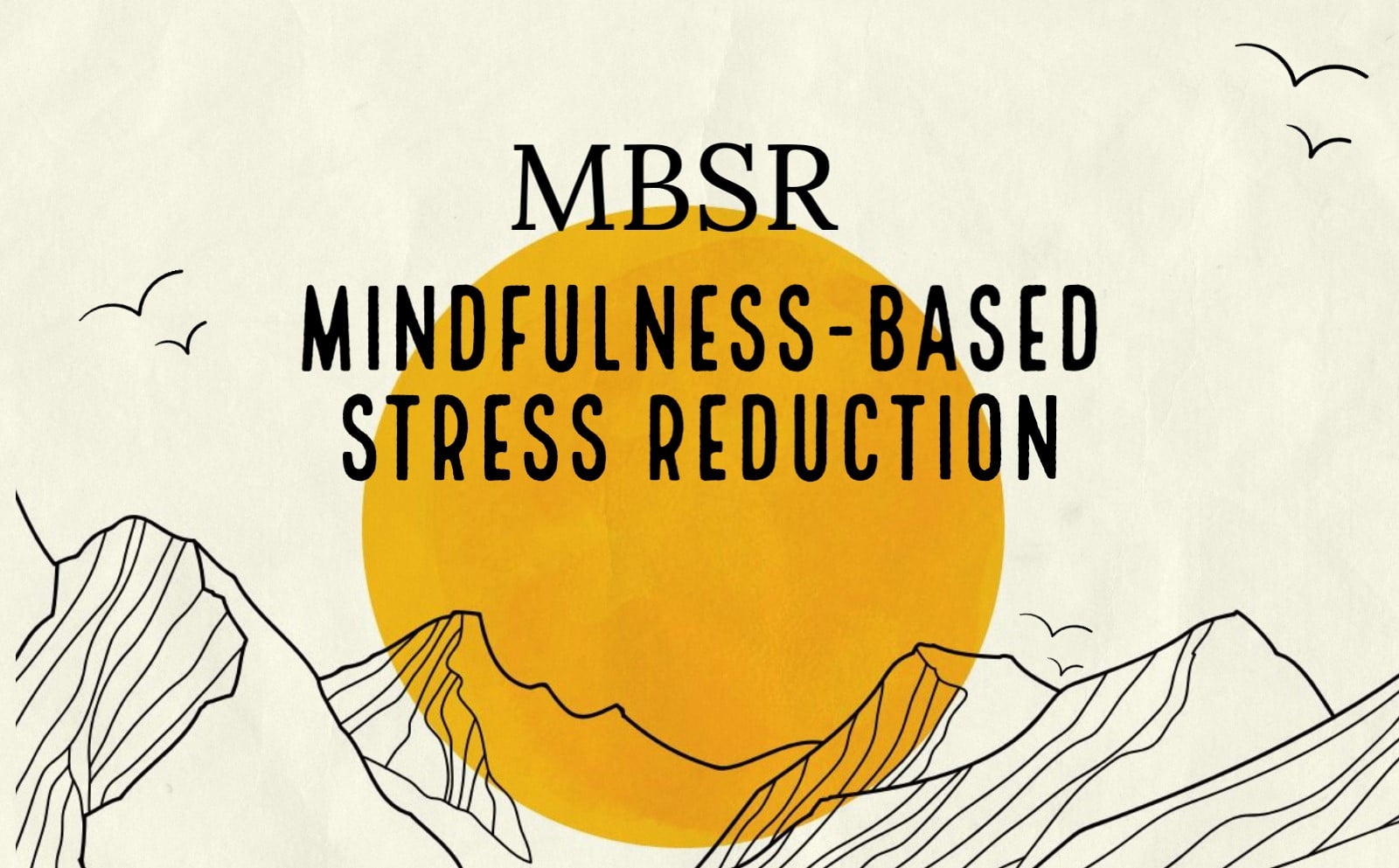Dive into the world of Mindfulness-Based Stress Reduction (MBSR) with our comprehensive guide. Learn about the origins, principles, and benefits of MBSR, along with practical techniques to reduce stress and cultivate mindfulness.
Table of Contents
Mindfulness-Based Stress Reduction (MBSR): A Comprehensive Guide
Navigating the Waves of Stress
In today’s fast-paced world, stress has become a constant companion for many. We juggle work, relationships, family, and a never-ending list of responsibilities, often feeling overwhelmed and depleted. If you’re searching for an effective way to manage stress and cultivate inner peace, Mindfulness-Based Stress Reduction (MBSR) might be the answer you’ve been seeking.
What is MBSR?
Developed by Jon Kabat-Zinn in the 1970s, MBSR is an evidence-based program that combines meditation, yoga, and mindfulness practices to help individuals manage stress, improve emotional well-being, and enhance overall quality of life. It’s not about escaping reality or achieving a permanent state of bliss; instead, it’s about learning to relate to stress in a more skillful and present-moment way.
What is Mindfulness-Based Stress Reduction (MBSR)?
MBSR is an eight-week program that combines mindfulness meditation, body awareness, and yoga to help participants develop a greater awareness of their thoughts, emotions, and physical sensations. The core principles of MBSR are centered on cultivating non-judgmental awareness and acceptance of the present moment, which can lead to a reduction in stress and an improvement in overall well-being.
The program typically involves weekly group sessions led by a trained MBSR instructor, as well as daily home practice assignments. Participants are guided through various mindfulness practices, including sitting meditation, body scan meditation, gentle yoga, and informal mindfulness exercises. Through these practices, individuals learn to observe their thoughts and emotions without becoming entangled in them, ultimately fostering a greater sense of calm and resilience.
The Core Principles of MBSR
The core principles of MBSR are:
- Non-judgmental awareness: Paying attention to the present moment without judgment or criticism.
- Acceptance: Learning to accept our thoughts, feelings, and bodily sensations as they are, without trying to control them.
- Patience: Cultivating patience and understanding with ourselves and our experiences.
- Kindness: Extending kindness and compassion to ourselves and others.
The Structure of an MBSR Program
A typical MBSR program consists of:
- Eight weekly sessions: Each session lasts for 2-3 hours and includes guided meditations, mindfulness exercises, yoga postures, and group discussions.
- Daily home practice: Participants are encouraged to practice mindfulness for 30-45 minutes each day using the techniques learned in the sessions.
- Silent retreat: Between weeks six and seven, participants attend a day-long silent retreat to deepen their practice and experience mindfulness in a quiet and supportive environment.
Who Can Benefit from MBSR?
MBSR has been shown to be effective for individuals with a wide range of conditions, including:
- Chronic stress and anxiety
- Depression
- Pain management
- Fatigue and low energy
- Sleep problems
- Attention and focus difficulties
- Relationship difficulties
The Benefits of MBSR
Numerous studies have demonstrated the effectiveness of MBSR in reducing stress and improving overall health and well-being. Some of the key benefits of MBSR include:
- Stress Reduction: MBSR has been shown to significantly reduce perceived stress levels and enhance coping mechanisms for dealing with life’s challenges.
- Improved Emotional Regulation: Practicing mindfulness can help individuals better regulate their emotions, leading to a greater sense of emotional balance and resilience.
- Enhanced Physical Health: MBSR has been linked to improvements in various physical health markers, including reduced blood pressure, improved immune function, and better pain management.
- Increased Focus and Concentration: Regular mindfulness practice can enhance cognitive functions such as attention and concentration, leading to improved productivity and mental clarity.
Getting Started with MBSR
If you’re interested in exploring MBSR, there are several ways to get started:
- Find an MBSR Program: Look for MBSR programs offered in your local community or online. Many hospitals, wellness centers, and mindfulness organizations offer MBSR courses led by qualified instructors.
- Commit to Daily Practice: MBSR requires a commitment to daily practice, including formal meditation sessions and informal mindfulness exercises. Setting aside time each day for practice is essential for reaping the benefits of the program.
- Cultivate Patience and Compassion: Mindfulness is a skill that develops over time, so it’s important to approach the practice with patience and self-compassion. Be gentle with yourself as you navigate the challenges and rewards of mindfulness practice.
If you’re interested in learning more about MBSR, here are some resources:
- The Center for Mindfulness at the University of Massachusetts Medical School: https://www.ummhealth.org/center-mindfulness
- The Mindful Awareness Research Center: https://biology.ucdavis.edu/undergraduate/eeop/upper-div/marc
- MBSR online courses: Various online platforms offer MBSR courses, led by qualified instructors.
Taking the First Step Towards a Calmer You
MBSR is an investment in your well-being. It’s a journey of self-discovery and transformation, offering a powerful toolkit to navigate the waves of stress and cultivate inner peace. If you’re ready to embrace a more mindful and resilient approach to life, consider taking the first step towards a calmer and more fulfilling you.
Remember, mindfulness is a practice, not a destination. Be kind to yourself on your journey, and enjoy the process of learning to be present and accepting of all that arises.
Conclusion
In conclusion, Mindfulness-Based Stress Reduction (MBSR) offers a comprehensive approach to managing stress and enhancing overall well-being. By cultivating mindfulness through meditation, body awareness, and yoga, individuals can develop greater resilience, emotional balance, and a deeper sense of peace in their lives. Whether you’re seeking relief from stress or simply looking to enhance your quality of life, MBSR provides a powerful framework for cultivating a more mindful and fulfilling existence.





